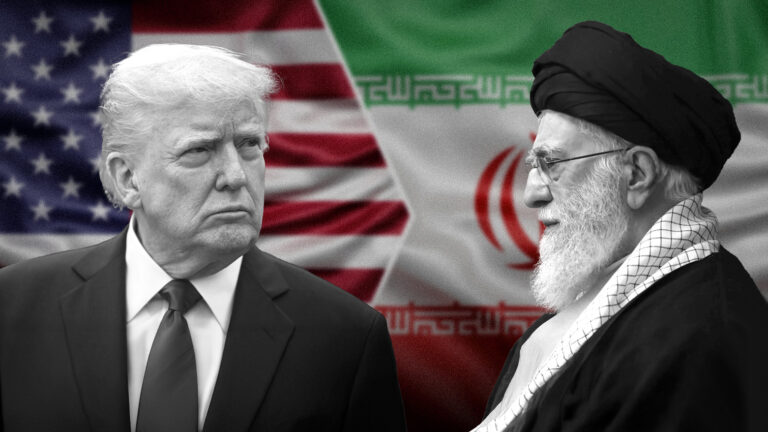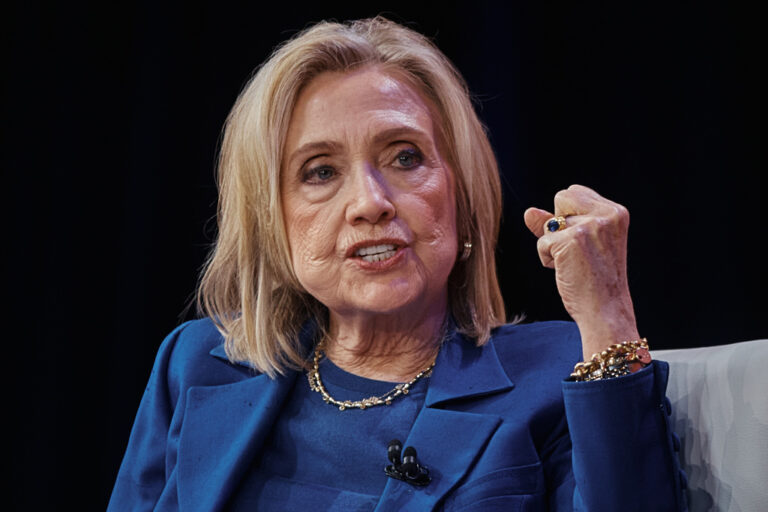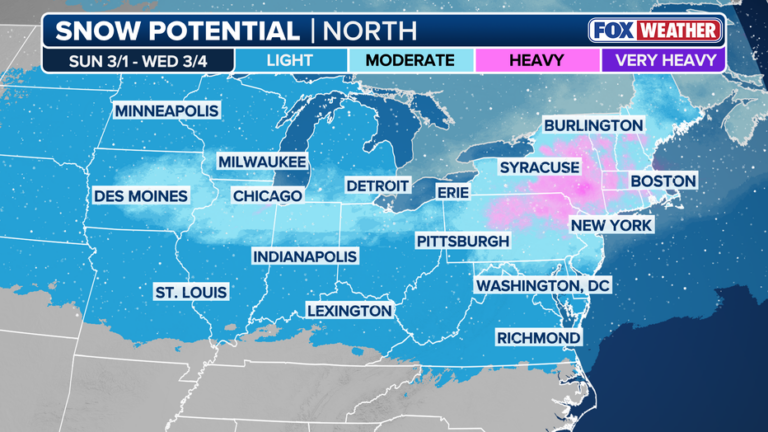Israel’s Health Ministry on Sunday published the full data-sharing deal it signed with Pfizer in response to criticism of the deal due to privacy concerns.
Israel struck a deal with Pfizer, promising to share vast troves of medical data with the international drug giant in exchange for the continued flow of its hard-to-get vaccine. The agreement, called “The Real World Epidemiological Evidence Collaboration Agreement,” can be seen here.
Proponents say the deal could allow Israel to become the first country to vaccinate most of its population, while providing valuable research that could help the rest of the world. But critics say the deal raises possible privacy violations.
Prime Minister Benjamin Netanyahu — who is stumping ahead of the country’s March elections as Israel’s vaccinator-in-chief — said earlier this month that he reached the deal with Pfizer’s chief executive to speed up vaccine deliveries to Israel.
“Israel will be a global model state,” he said. “Israel will share with Pfizer and with the entire world the statistical data that will help develop strategies for defeating the coronavirus.”
Israeli Health Minister Yuli Edelstein told The Associated Press the government will turn over data to “see how it influences, first of all, the level of the disease in Israel, the possibility to open the economy, different aspects of social life, and whether there are any effects of the vaccination.”
Israel, home to some 9.3 million people, is considered an ideal place for studying these questions. Its mandatory universal health care is provided by four publicly funded HMOs with meticulously digitized medical records. This centralized system has helped Israel administer more than 2 million doses of the vaccine in under a month. Israel has also purchased doses of the Moderna and AstraZeneca vaccines.
But the exact quid pro quo between Israel and Pfizer is unclear, even after a redacted version of the agreement was released by the Israeli Health Ministry on Sunday.
Neither Israel nor Pfizer would say how much Israel has paid for the vaccines, though Edelstein called it a “classical win-win” for both sides. Israeli media have reported that Israel paid at least 50% more than other countries. The data is reportedly being shared with the World Health Organization, but the global body did not respond to repeated requests for comment.
It’s also uncertain exactly what information is being shared with Pfizer. According to the redacted agreement, “no identifiable health information” shall be shared, and the research is to be published in a recognized medical journal.
It said Israel will provide weekly data to Pfizer about various age and demographic groups. The objective, it said, is to “analyze epidemiological data arising from the product rollout, to determine whether herd immunity is achieved after reaching a certain percentage of vaccination coverage in Israel.”
The data, it added, is “aimed at helping end the global COVID-19 pandemic for the benefit of all patients inside and outside of Israel.”
Privacy Israel, an advocacy group that had petitioned the government to disclose the deal, welcomed its release but said certain questions remained unanswered, mostly about the handling and security of private information. It also blacked out certain details, such as key dates and the names of officials involved. Still, it said there is a “little more certainty” about sharing information with a global corporation.
The Health Ministry has recorded over 551,000 cases since the beginning of the pandemic and more than 4,000 deaths. Israeli officials say they aim to have most of the country vaccinated by the end of March, just around election day.
(YWN Israel Desk – Jerusalem & AP)











